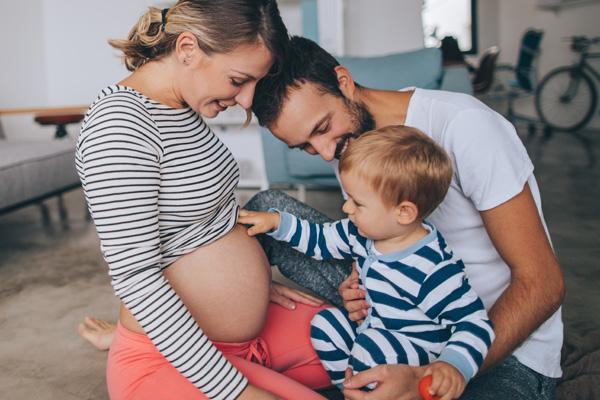FACTS
Did you know that the incidence of stillbirth is 15 times higher than that of sudden infant death syndrome (SIDS) in the US?
Stillbirth affects families of all backgrounds, even healthy people in low-risk pregnancies who are receiving proper prenatal care. However, it particularly affects Black and Native American communities. Check out some statistics:
80% of stillbirth mothers had zero risk factors at the beginning of their pregnancy.
Black women are TWICE as likely to suffer a stillbirth compared to all other races of women.
Mothers who have suffered a stillbirth are 5 TIMES more likely to suffer another one in a subsequent pregnancy. The highest risk factor for perinatal loss is a previous loss.
Mothers that have experienced this type of loss are also more likely to have an adverse outcome in their subsequent pregnancy*, such as preeclampsia, prematurity, low birth weight and placental abruption. SEE SOURCE
Causes of stillbirth:
- Placenta: Insufficient Blood Flow
- Prematurity
- Umbilical Cord Complications
- Maternal Fetal Hemorrhage
- Uterine Growth Restriction
- Pre-eclampsia
- Genetical Malformation
- Unknown
Stillbirth Preventability
At least 25% of US stillbirths are preventable, using today's technology and best practices.
For term pregnancies (37+ weeks), that jumps to nearly half (47%) of stillbirths being potentially preventable. SEE SOURCE
* Data sources: Lamont et al. Risk of Recurrent Stillbirth in Subsequent Pregnancies. Obstet Gynecol. 2022
Black et al. Obstetric outcomes subsequent to intrauterine death in the first pregnancy. BJOG. 2008
Together we can save at least 5,000 babies a year with today’s technology and proper care!
A Letter from the Founder
In 2018, I lost my daughter Natalie at 38 weeks of gestation after a completely healthy pregnancy.
I had an ultrasound on a Wednesday, which Natalie passed with flying stars: she weighed 6,8 pounds, was learning to breathe and getting ready for birth.
That night, she made wild movements, but I didn’t think much of it. The next day, she didn’t move much and I hesitated to look for help – I failed her. That same day, I went into labor and heard the most horrific phrase a new mother can hear: “There’s no heartbeat”. It was the first time I heard the term “stillbirth”. The following morning, I gave birth to my beautiful daughter Natalie, with big lips and a button nose.
After my loss, I obsessively started researching about stillbirth and I found out that other developed countries were doing much better in preventing this heartache of loss.
Fernanda Sheridan
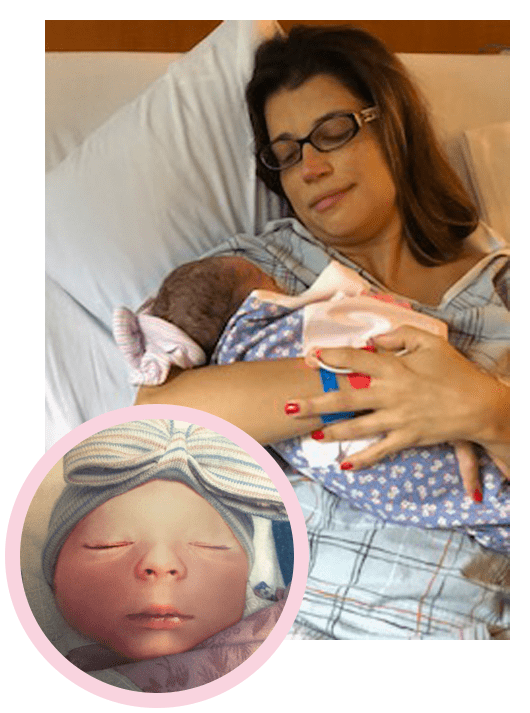
Our Mission
After my loss, I learned about a clinic in the UK called the Rainbow Clinic. In 2018, they had had 900 patients pregnant after loss and only 1 stillbirth, when there should have been 18 by the standard of care.
The mission of the Natalie Foundation is to help decrease the stillbirth rate in the United States, by funding specialised OBGYN clinics, called Rainbow Clinic, and through funding stillbirth research. The stillbirth rate in the USA presently recorded at a substantial 21,000 annually according to CDC statistics, or 65 kids a day!
The families that are affected by stillbirth are at risk for a bad outcome in their next pregnancy or even another loss.
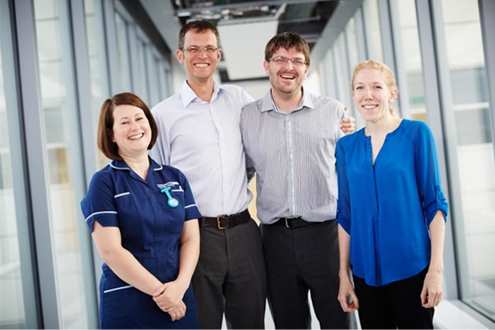
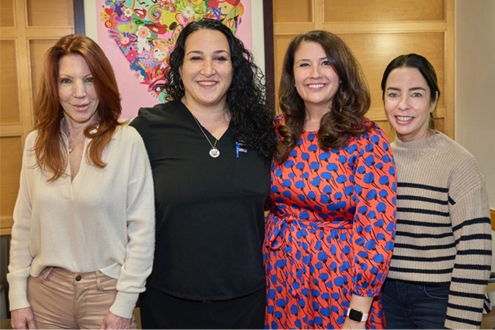

The Rainbow Clinic model of care was developed (by Prof. Alex Heazell in UK) to decrease the biomedical and psychological risks associated with subsequent pregnancies post stillbirth. This specialized OBGYN clinic concentrates on pregnancies after loss, providing additional appointments and scans; comprehensive care, consistent support, and emotional assistance.
Our aspiration is to extend this high standard of care to all mothers, ensuring that no one has to endure the tragedy of losing a baby to access the comprehensive care they deserve.
The foundation's commitment to maintaining the highest ethical standards, promoting inclusivity, and serving minority populations underscores its dedication to reaching vulnerable communities. By remaining apolitical, the foundation aims to create a safe and supportive space for all families in need, fostering an environment that transcends societal divisions. We want the foundation's programs to be accessible and beneficial to everyone, regardless of their circumstances.
Ultimately, the Natalie Foundation's work aims to provide solace and resources to families who have experienced stillbirth, as well as to contribute to the advancement of research on stillbirth causes so as to prevent this silent health crises from going on and taking the lives of 21,000 babies per year in the USA.
Rainbow Clinics
A Rainbow Clinic is a Multidisciplinary Specialist OBGYN Clinic devoted to:
- Directed investigation of the cause of any previous loss
- Psychological support
- Continuity of care
- Provision of additional scans, appointments and resources as needed
- Collaboration between patient and doctor in the planning of the mother's prenatal care and birth.
The Rainbow clinic staff, including doctors and nurses will provide:
Sensitive communication with an abundance of care to avoid triggers and help manage expectant mother's anxiety. This includes:
Acknowledgement that loss parents are parents even if their baby didn't survive. Recognition that a new pregnancy cannot replace a previous loss or put an end to a loss family's grieving process.
Understanding of the elements that may trigger a loss parent's grief and accommodating their unique emotional needs. Sometimes, grief is triggered by small things, such as going into the same exam room used in the previous pregnancy.
The Rainbow Clinic Model in UK has proven that it can enhance clinical outcome for these high risk population that are the pregnant after loss mothers. The Rainbow Clinic proved to reduce:
- Stillbirth rate by 90%
- Preterm Birth by 50%
- Low Birthweight by 50%
- NICU admission by 40%
It's a model that started with one clinic in 2013 at the University of Manchester and now has spread to 28 around the UK, and that's what we want to see happening in US.
Feature Video
Each new life, no matter how brief, forever changes the world
Engage
Any questions?
Please get in contact by e-mail:
fernanda@nataliefoundation.org
Follow us on social media:

